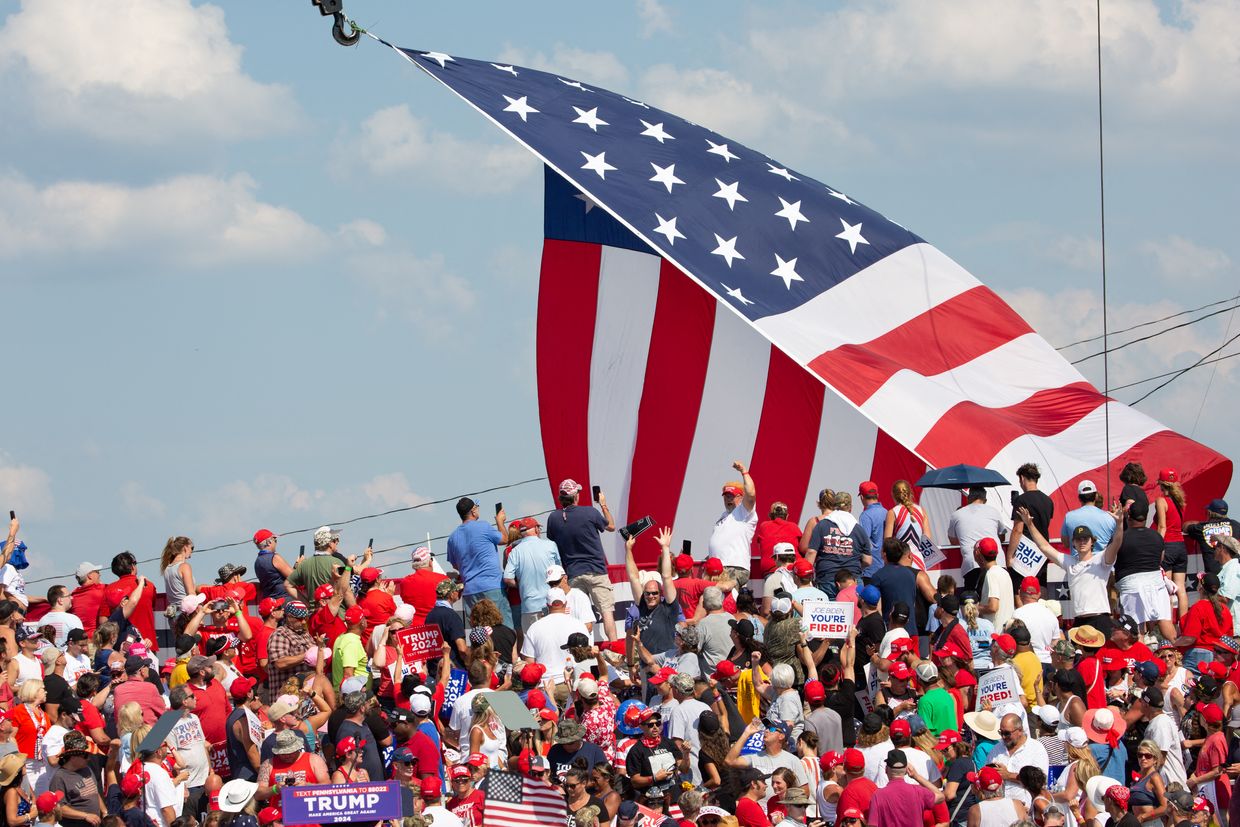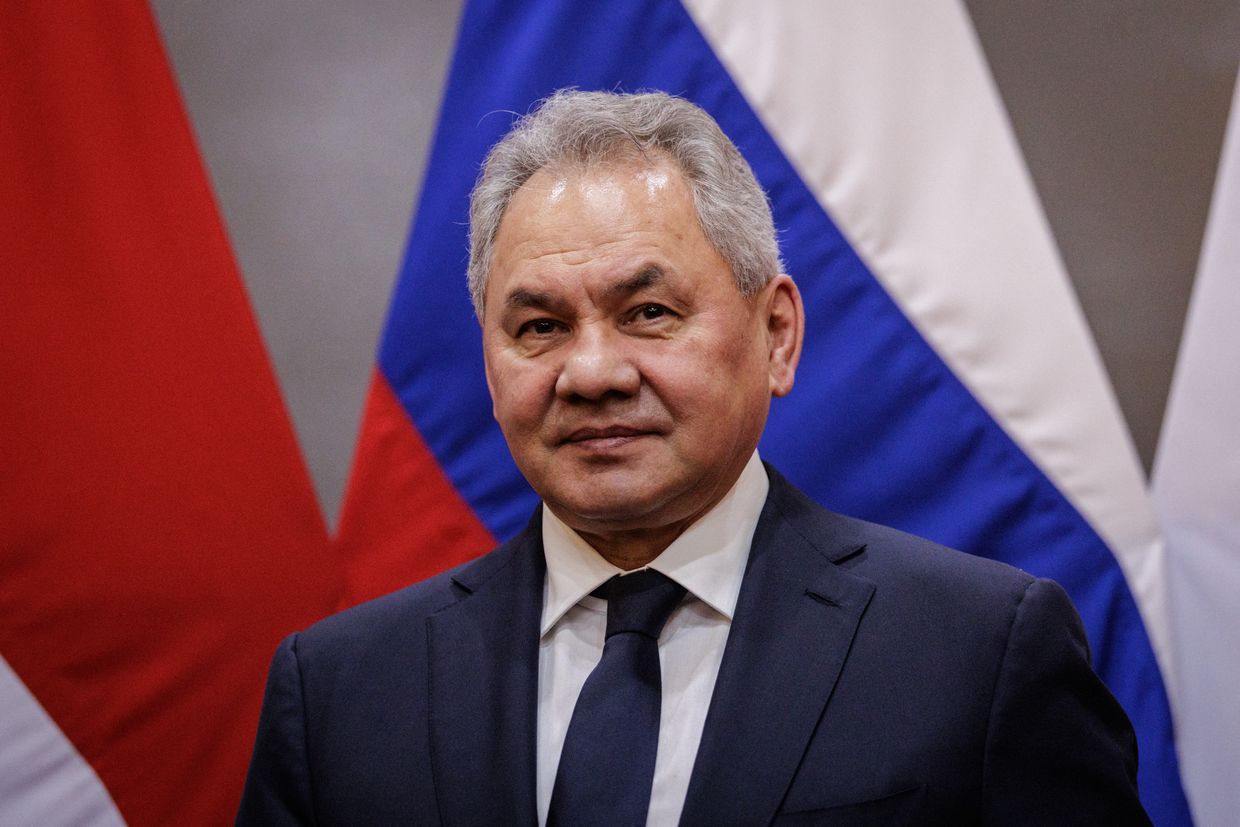U.S. President Donald Trump on April 2 announced a 10% baseline tariff on all imports into the country, along with higher rates for dozens of countries that maintain trade surpluses with the United States.
He claimed the measure would ultimately strengthen the U.S. economy and lower prices for consumers, adding that it will serve as a hard reset for American industry.
Speaking at the “Make America Wealthy Again” event in the Rose Garden, Trump said the United States had been exploited for decades by both allies and adversaries, describing the nation as having been "looted, pillaged, raped, and plundered."
Cambodia faces the highest tariff at 49%, followed by Vietnam at 46%. The European Union is set to receive a 20% tariff, while goods from China will be hit with an additional 34%, and will now face a 54% tariff. Ukraine is also included on the list, subject to a 10% tariff.
Russia and Belarus are not included on the list, according to the charts from the White House.
This is likely because, since 2022, trade and economic relations between the United States and both countries have been governed by sanctions and special restrictions. As a result, tariff policy is no longer reciprocal but driven by sanctions.
— The White House (@WhiteHouse) April 2, 2025
The tariffs will take effect on April 5, according to the White House. "These tariffs will remain in effect until such a time as President Trump determines that the threat posed by the trade deficit and underlying nonreciprocal treatment is satisfied, resolved, or mitigated," reads the announcement.
Some goods will be exempt from the reciprocal tariffs, including steel, aluminum, copper, pharmaceuticals, semiconductors, lumber, bullion, and certain energy and mineral resources not available in the United States.
Several Democrats have criticized Donald Trump's "reciprocal tariffs," arguing that the measures will negatively impact working-class Americans. Democratic Senator Dick Durbin of Illinois said that with the new tariffs "American families will see higher prices on groceries, cars, gas, and American jobs will suffer."
"Instead of lowering the cost of living, President Trump is raising it," Durbin wrote.
Democratic U.S. Rep. Bill Foster added that "Trump is forcing us into a needless trade war with no clear objective or strategy."
Trump is forcing us into a needless trade war with no clear objective or strategy. History has proven time and again—including during Trump's first Administration—that these tariffs will raise costs for American consumers and businesses. https://t.co/N9aZc052vq
— Congressman Bill Foster (@RepBillFoster) April 2, 2025
From across the Atlantic, Polish Prime Minister Donald Tusk commented on the tariff decision, writing: "Friendship means partnership. Partnership means really and truly reciprocal tariffs. Adequate decisions are needed," and included the EU and U.S. flag emojis.
While Italian Prime Minister Giorgia Meloni, who is considered an ally of Trump, said on April 2 that the tariffs introduced by his administration were "wrong" and would not serve the interests of the United States.
"We will do everything we can to work towards an agreement with the United States, with the aim of avoiding a trade war that would inevitably weaken the West in favor of other global players," she wrote.














